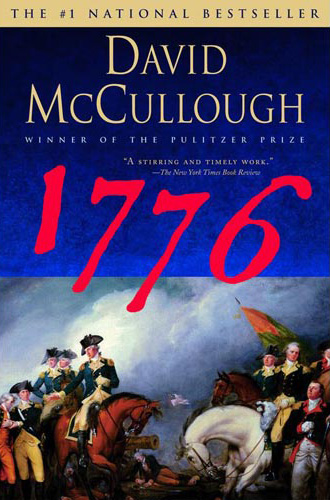My time here in Omaha is nearly at an end. Although I've complained a lot about the driving, I gotta say that I thoroughly enjoyed my time here and I will be sorry to leave. On another note, I was having lunch with one of my classmates and somewhere in our really random, awkward conversation I brought the subject to books. Shocker I know. Anyways, I asked my classmate if he was reading something and he told me that he was reading a psychology book concerning two different types of mental processes, specifically a "fast" calculation of a situation that is based entirely upon intuition and previous experiences and a "slow" calculation in which the scene is processed in a way that takes into account the intuition and learned information. Granted he was not able to articulate it like that but I'm assuming that was the gist of it. Sounds like a basic social science theory merely put down in a book format with hundreds of examples as opposed to a specific academic drill but interesting nonetheless and something that I will probably look into. (Does anyone know what this book is called? Have you figured out which book it is based on my bizarre interpretation based on my classmates understanding of it...I can't remember...)
So the book that he was reading is not the point of this post. The point is that he made a point of saying that he only reads "practical" books. In other words, he only reads non-fiction books that he feels that he can apply immediately to real-life situations. Interesting and everyone is entitled to their own opinion, but I was a little bit insulted that he was reading a book in which inference is of profound importance and yet he did not find the value in reading fiction. In my mind, fiction is of tremendous value in our culture. It defines and shapes us. We learn about ourselves and others not only through the works of non-fiction but also through the ways in which people are able to discuss and describe their own world in a fictional way. Creativity and imagination, in my opinion, should not be seen as being impractical. On the contrary, the ability to think creatively fuels the fires of innovation and invention. Even though fictional stories by definition are "fake," that does not mean that they are not practical in their own way. As I have previously mentioned, the ability to think creatively and then to articulate those imagined thoughts and actions can demonstrate a peoples cultural heritage. Fictional books can foster and reemphasize aspects of our culture that before were unconsciously a part of our daily lives. Fictional books allow for the continued articulation of a person's culture. Perhaps a fictional book may not tell you how to fix your engine, but it can clue you in to the love a culture has for its automobiles in a way that statistics and hard facts sometimes cannot properly convey. What's my bottom line? Just because you don't see the immediate practicality of a thing, it does not mean that it does not exist. Don't disregard the power of the human imagination. It is just as practical and everyday a thing as understanding the latest psychological opinions on the Western thought-process.
I apologize for the tirade and I want to say that my classmate did not say his opinion rudely or with malice. Now I am merely stating mine. What do you think of the value of fictional books?
Photos from:
http://blog.schoollibraryjournal.com/afuse8production/files/2012/06/HarryPotter1.jpg
http://buber.net/Blah/wp-content/uploads/2009/07/1776-mccullough.jpg


Oh Amber Gates you and your books. Awesome post.
ReplyDelete